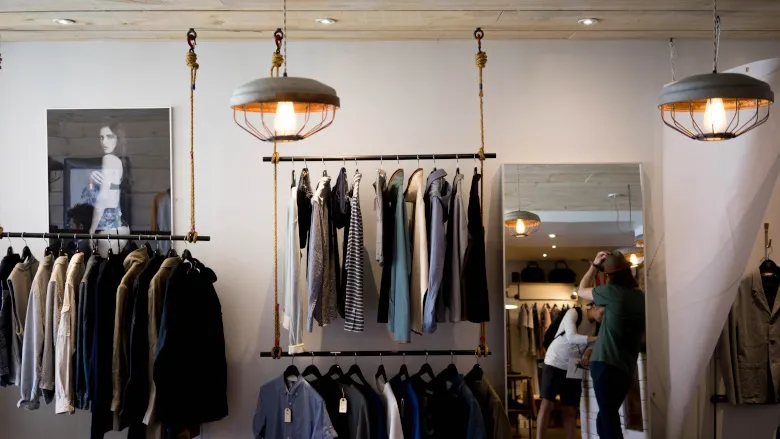Brown was one of only two directors in the healthcare system’s history, leading security across approximately 66 facilities over her career. She has led technology and security modernization efforts in her organization — Brown and her team worked to establish security systems standards for the hospital system, regimenting best practices for ID cards, alert systems, dispatch technology, cameras, and intercoms across Park Nicollet. She additionally instituted a case management system, helping to unify security operations and recordkeeping in healthcare facilities.
Brown and her team cover operational safety and security in the healthcare system, including fire safety, physical security, emergency response, parking, and access services, dispatch, security systems and technology, and public service.
Supporting security during transitions
With the recent HealthPartners initiative to establish one security program across the organization, Brown’s role shifted to include transitional efforts. She supported the transition to expand security operations, the security officers, and dispatch practices and policies across HealthPartners and its varied organizations. One of the main security challenges of the transition is designing a security program that works for every facility involved, from community clinics to city hospitals, says Brown. “Some people don’t have security support, and others have tremendous security support. So how do we make that an equitable program across HealthPartners?” says Brown. “Taking all of these disparate security services and creating one — that’s what I’m supporting today and have in this last year and a half.”
Lessons learned from healthcare security says Brown that maintaining ongoing contact with many departments has been an integral part of leading a seamless security department throughout times of transition. By participating in the Methodist Hospital daily safety call including approximately 45 departments, the team stays updated on current issues affecting staff and can communicate security announcements to relevant departments. “We’ve created a close relationship so that we can always speak to each other about changes or about concerns,” Brown says.
Developing close partnerships with external organizations has served Brown and Park Nicollet as well. Having developed the Minnesota chapter of the National Association of Drug Diversion Investigators (NADDI) and previously serving as Secretary, Vice President, and President of the Minnesota Association of Hospital Safety & Security (MAHSS), Brown emphasized the importance of information sharing and collaboration throughout her career. “In those organizations, you establish very trusted relationships,” she says, “and you learn about new processes, policies, practices, resources, and tools. Then we share ours, so others don’t have to reinvent the wheel.”
Working alongside law enforcement professionals and other healthcare security leaders has helped Brown and her team stay at the forefront of safety practices in the field.
Developing a career in healthcare security
Reflecting on her career, Brown lauds the wide range of security opportunities available to safety professionals in the healthcare field. “Anywhere from a hostage situation to fraud, bomb threats, mass protests, strikes, utility failures, gas leaks, evacuations, fires, and explosions — these are the things that we handle in healthcare, as well as medical emergencies.”
What’s more, “there’s a tremendous need for women in security,” says Brown. “We need the diversity amongst our staff and our leadership to match our facilities, and healthcare is predominantly a female employee population. Having female officers, to begin with, gives a real balance to those relationships with our staff out there on the floors.”
Brown encourages professionals entering the security field or looking to make a change to consider a career in the healthcare sector. In addition to the varied professional experiences, she has enjoyed, her roles at Park Nicollet Methodist Hospital have also afforded her a sense of bringing good into the world.
“Any day I help somebody just walking down the hallway — and sometimes I need to do that — there’s a reward to being able to help people who are in conflict,” Brown says. “There’s a very positive aspect to being in healthcare security. It can be very rewarding to know that you’ve made a situation a little less difficult for someone.”
As Brown enters retirement, she’s looking forward to setting a new pace in life. She plans to explore her personal hobbies, travel, and find opportunities to help her community — after a career of doing just that.





